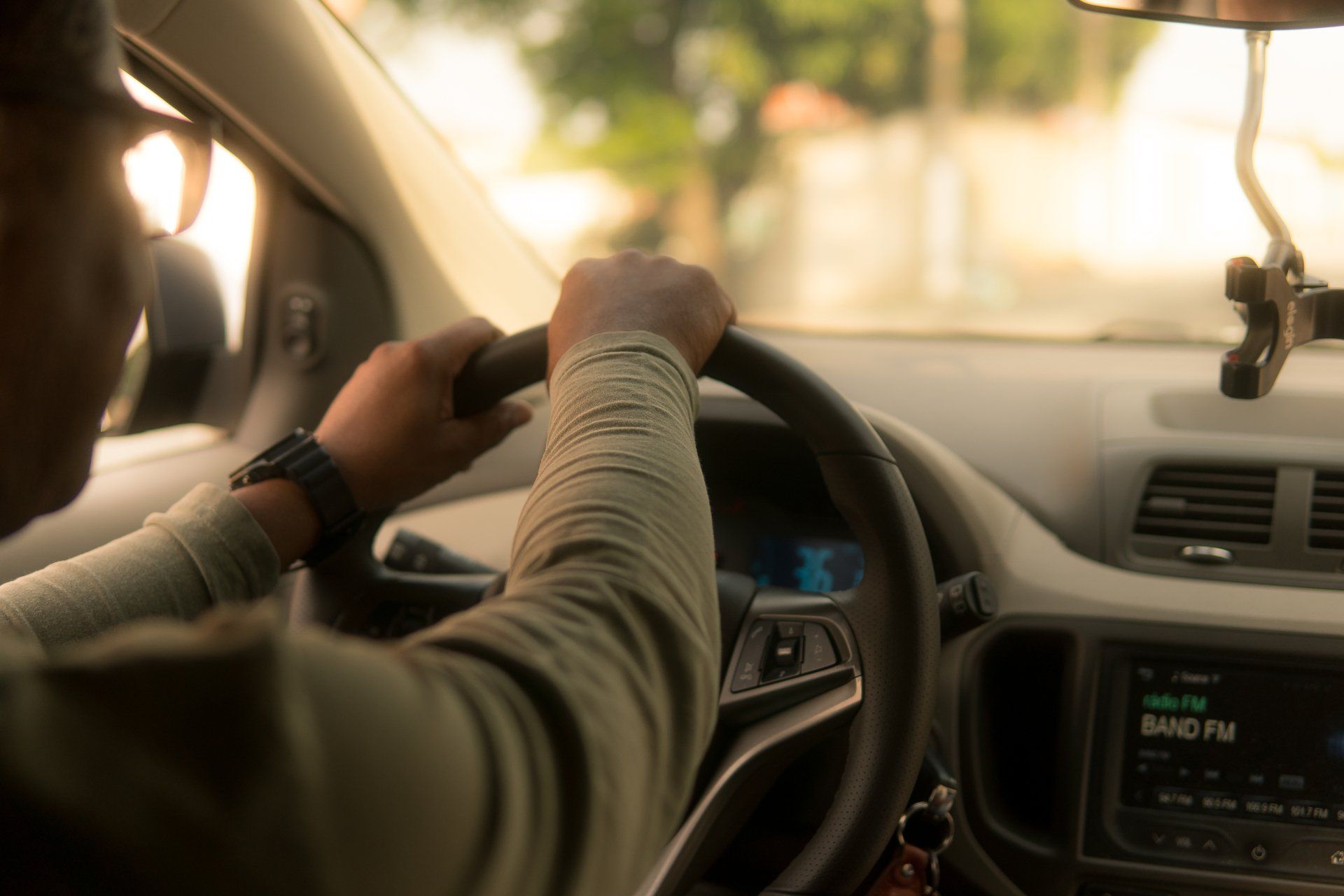Know Your Rights
Know Your Rights
You have constitutional rights:
DO NOT OPEN THE DOOR if an immigration agent is knocking on the door.
DO NOT ANSWER ANY QUESTIONS from an immigration agent if they try to talk to you. You have the right to remain silent.
DO NOT SIGN ANYTHING without first speaking to a lawyer. You have the right to speak with a lawyer. If you are outside of your home, ask the agent if you are free to leave and if they say yes, leave calmly.
GIVE THIS CARD TO THE AGENT. If you are inside of your home, show the card through the window or slide it under the door.
Pick up your "Know Your Rights" Card from the office today!
What to do if you come into contact with the police:
You should identify yourself with a U.S. Identification (work permit or driver's license). If you do not have one, you can use a library card, school ID card, or employment ID card. If you do not have a document, state your name, your address, and your date of birth.
If the police ask you about your immigration status, you can respectfully say you do not want to discuss your immigration status. Do not answer any questions about your immigration status or entry history.
You can simply say, "I will identify myself however I do not want to answer any questions about my immigration history."
Remember to remain calm and to assert your rights as respectfully as possible.
You can also give them your "Know your Rights" Card.
Wheeler Law is available to answer any other questions you may have, and/or help you take the next steps to your, or your loved ones, future. At Wheeler Law, we find creative solutions to break down the barriers holding you, or a loved one, back from obtaining legal status in the United States. Call us now to schedule a consultation: (602) 586-5625.
Follow us on
social media
for more immigration tips.







